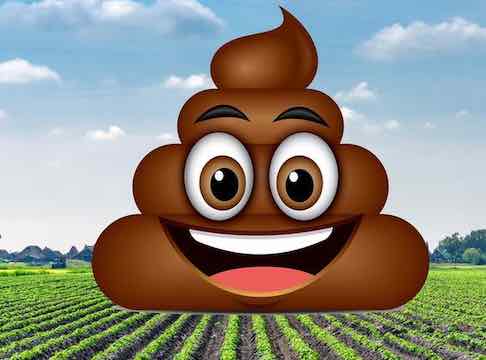
Yes, you can use the material from a composting toilet to fertilize your plants and it has an honourable tradition. In eighteenth century Japan, human excrement played a vital role in agriculture. Can similar solutions help manage waste today? Because every drop of waste was gathered and used, Japanese cities did not have a problem with overflowing latrines, stinky street gutters, and other sanitation issues which plagued urban Europe at the time.
You must ensure the material is fully composted before it can be used as fertilizer. It should be allowed to decompose for sufficient time, usually several months, and should reach high enough temperatures to kill any pathogens. Ensure that the compost is well-aerated and turned regularly to speed up the decomposition process. Once the compost is fully decomposed, it can be added to your garden as a fertilizer.
There are several additives that can be added to compost to increase the speed of decomposition:
- Nitrogen-rich materials: Adding materials high in nitrogen, such as grass clippings or food scraps, can help to provide the bacteria in the compost pile with the nutrients they need to grow and reproduce.
- Microbes: Adding beneficial microbes such as compost starter cultures can help to kickstart the decomposition process.
- Water: Keeping the compost pile moist, but not waterlogged, is important for the bacteria to thrive.
- Aeration: Turning the compost pile regularly, or adding materials like straw or wood chips that can help to improve the airflow through the pile, can help to speed up decomposition.
- Limestone: Adding a source of calcium like crushed eggshells or limestone powder can help to balance the pH of the compost and make it more hospitable to beneficial microbes.
- Bacteria inoculants: Some commercial products contain specific strains of bacteria that can break down specific types of organic matter faster like high carbon materials like straw and sawdust
NB: a balance of green (nitrogen-rich) and brown (carbon-rich) materials in your compost pile is crucial for optimal decomposition and to avoid unpleasant odors.
It is generally not recommended to use human waste directly on fruit trees or other food crops due to the risk of contamination with harmful pathogens, but as long as you are doing this on your own land with your own waste, it is very low risk. Health & Safety guidance suggests human waste can be treated, either through a septic system or a composting toilet, to kill off any harmful bacteria before it is used as a fertilizer. However, it may be illegal to use human waste as a fertilizer in some areas, so you should check local laws before doing so.